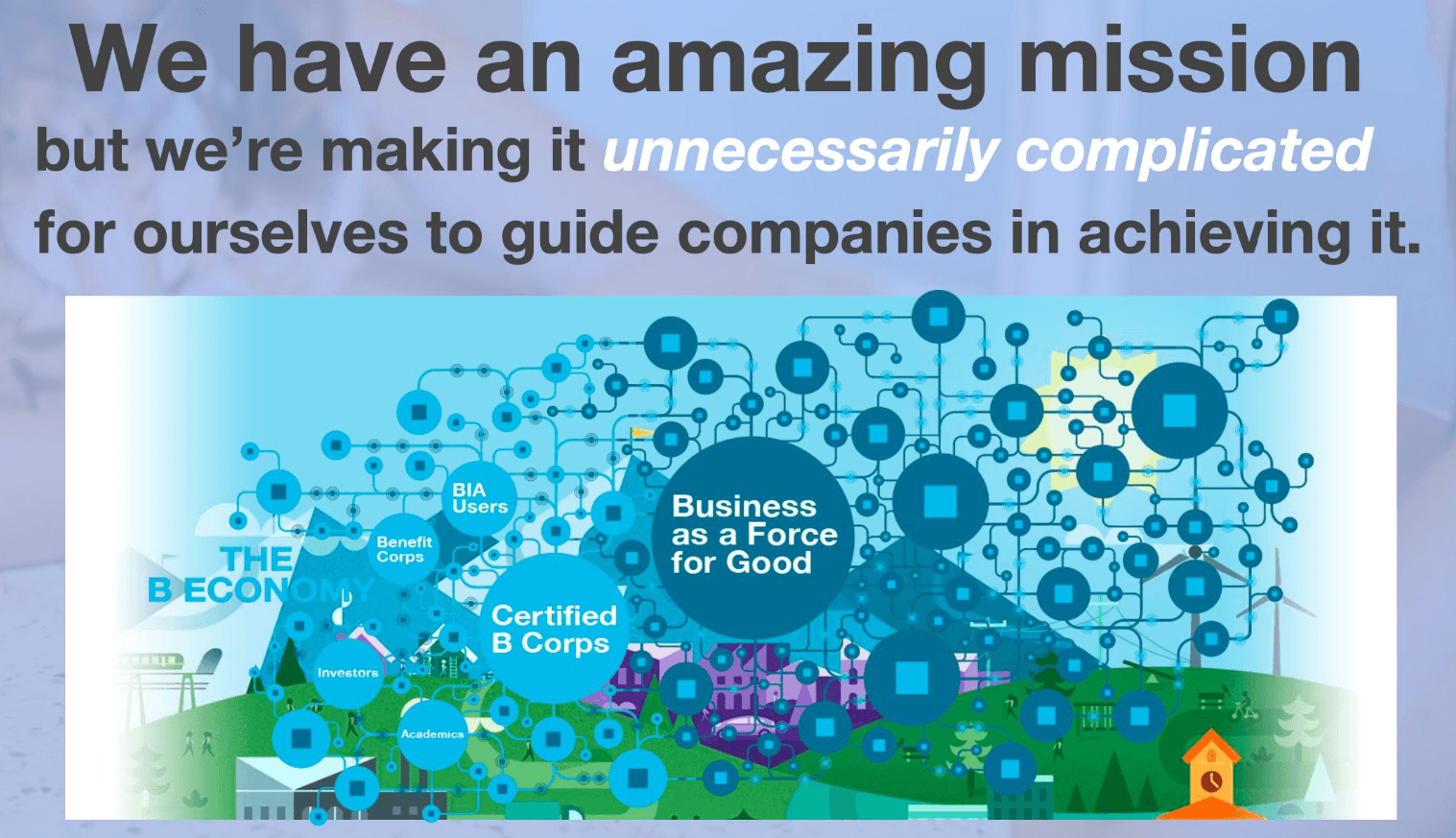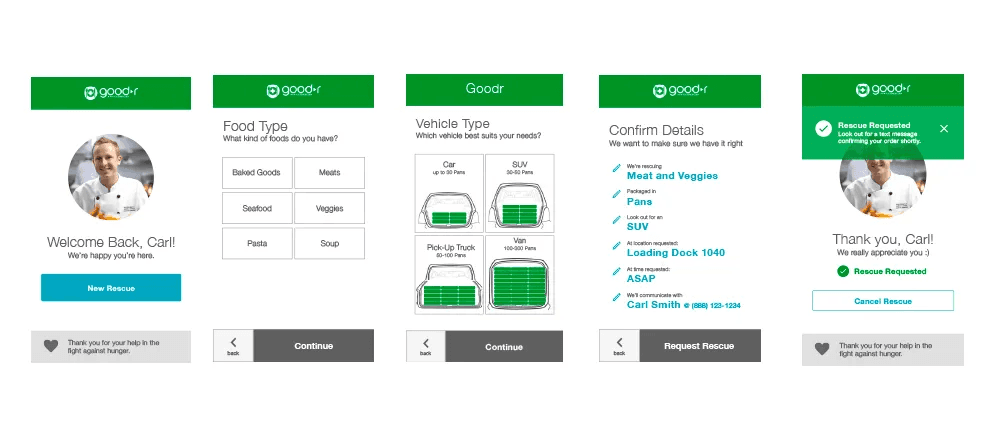Category /
Presentation
modernized architecture for ticket marketplace pricing domain
modernized architecture for ticket marketplace pricing domain
modernized architecture for ticket marketplace pricing domain
Crafted a phased domain-driven architecture migration strategy for StubHub’s pricing platform to enable dynamic pricing experimentation and a single source of truth for pricing data
Reimagined ticketing price architecture using real-life business and customer flows
Facilitated event storming for both Buy and Sell use cases to establish critical domains
Mapped a future state to include single-domain data storage, synchronous API calls along with asynchronous pub/sub messaging for widely-consumed state changes
Enabled the development team to think critically about future states without getting too bogged down in the “complexities of now”
users (in this case, humans who care about the effort): development teams and business stakeholders, with end users being ticket buyers and sellers
the problem: over time, the architecture for a growing ticketing marketplace sprawled and twisted its way into an unmanageable state – base ticket listing prices are calculated, adjusted, and stored in multiple places with no one source of truth. This can impact customer journeys (seeing one price throughout a buy flow and then another a couple clicks later), makes it tricky to enhance the system with dynamic pricing functionality, and ultimately, it negatively impacts business bottom line.
goals:
reimagine ticketing price architecture using real-life business and customer flows as north star
facilitate event storming across multiple use cases to establish critical domain candidates
map out a future state to include single-domain data storage, synchronous API calls along with asynchronous pub/sub messaging for widely-consumed state changes
enable a development team to think critically about future states without getting too bogged down in the “complexities of now”
keep future business goals in mind – prioritize the right system domains first to enable new feature development as soon as possible
lessons learned:
it’s wise to set expectations early on about how much physical space and time a new project’s kickoff will require
experiment with meeting facilitators early to identify who might need leveling up vs. who can be a strong leader when needed
it’s ok not to get too hung up about certain stakeholder’s lack of involvement and press on anyway
define key OKR’s for shorter engagements focused on planning, continuously call out the differences between goals for a plan vs. executing the plan
Crafted a phased domain-driven architecture migration strategy for StubHub’s pricing platform to enable dynamic pricing experimentation and a single source of truth for pricing data
Reimagined ticketing price architecture using real-life business and customer flows
Facilitated event storming for both Buy and Sell use cases to establish critical domains
Mapped a future state to include single-domain data storage, synchronous API calls along with asynchronous pub/sub messaging for widely-consumed state changes
Enabled the development team to think critically about future states without getting too bogged down in the “complexities of now”
users (in this case, humans who care about the effort): development teams and business stakeholders, with end users being ticket buyers and sellers
the problem: over time, the architecture for a growing ticketing marketplace sprawled and twisted its way into an unmanageable state – base ticket listing prices are calculated, adjusted, and stored in multiple places with no one source of truth. This can impact customer journeys (seeing one price throughout a buy flow and then another a couple clicks later), makes it tricky to enhance the system with dynamic pricing functionality, and ultimately, it negatively impacts business bottom line.
goals:
reimagine ticketing price architecture using real-life business and customer flows as north star
facilitate event storming across multiple use cases to establish critical domain candidates
map out a future state to include single-domain data storage, synchronous API calls along with asynchronous pub/sub messaging for widely-consumed state changes
enable a development team to think critically about future states without getting too bogged down in the “complexities of now”
keep future business goals in mind – prioritize the right system domains first to enable new feature development as soon as possible
lessons learned:
it’s wise to set expectations early on about how much physical space and time a new project’s kickoff will require
experiment with meeting facilitators early to identify who might need leveling up vs. who can be a strong leader when needed
it’s ok not to get too hung up about certain stakeholder’s lack of involvement and press on anyway
define key OKR’s for shorter engagements focused on planning, continuously call out the differences between goals for a plan vs. executing the plan
Crafted a phased domain-driven architecture migration strategy for StubHub’s pricing platform to enable dynamic pricing experimentation and a single source of truth for pricing data
Reimagined ticketing price architecture using real-life business and customer flows
Facilitated event storming for both Buy and Sell use cases to establish critical domains
Mapped a future state to include single-domain data storage, synchronous API calls along with asynchronous pub/sub messaging for widely-consumed state changes
Enabled the development team to think critically about future states without getting too bogged down in the “complexities of now”
users (in this case, humans who care about the effort): development teams and business stakeholders, with end users being ticket buyers and sellers
the problem: over time, the architecture for a growing ticketing marketplace sprawled and twisted its way into an unmanageable state – base ticket listing prices are calculated, adjusted, and stored in multiple places with no one source of truth. This can impact customer journeys (seeing one price throughout a buy flow and then another a couple clicks later), makes it tricky to enhance the system with dynamic pricing functionality, and ultimately, it negatively impacts business bottom line.
goals:
reimagine ticketing price architecture using real-life business and customer flows as north star
facilitate event storming across multiple use cases to establish critical domain candidates
map out a future state to include single-domain data storage, synchronous API calls along with asynchronous pub/sub messaging for widely-consumed state changes
enable a development team to think critically about future states without getting too bogged down in the “complexities of now”
keep future business goals in mind – prioritize the right system domains first to enable new feature development as soon as possible
lessons learned:
it’s wise to set expectations early on about how much physical space and time a new project’s kickoff will require
experiment with meeting facilitators early to identify who might need leveling up vs. who can be a strong leader when needed
it’s ok not to get too hung up about certain stakeholder’s lack of involvement and press on anyway
define key OKR’s for shorter engagements focused on planning, continuously call out the differences between goals for a plan vs. executing the plan


















selected works
Other interesting work

engaging UX for B-seeking companies that prioritize people and planet
2020-2021

engaging UX for B-seeking companies that prioritize people and planet
2020-2021

engaging UX for B-seeking companies that prioritize people and planet
2020-2021

startup design sprint: leftover food donation pickup
2017

startup design sprint: leftover food donation pickup
2017

startup design sprint: leftover food donation pickup
2017